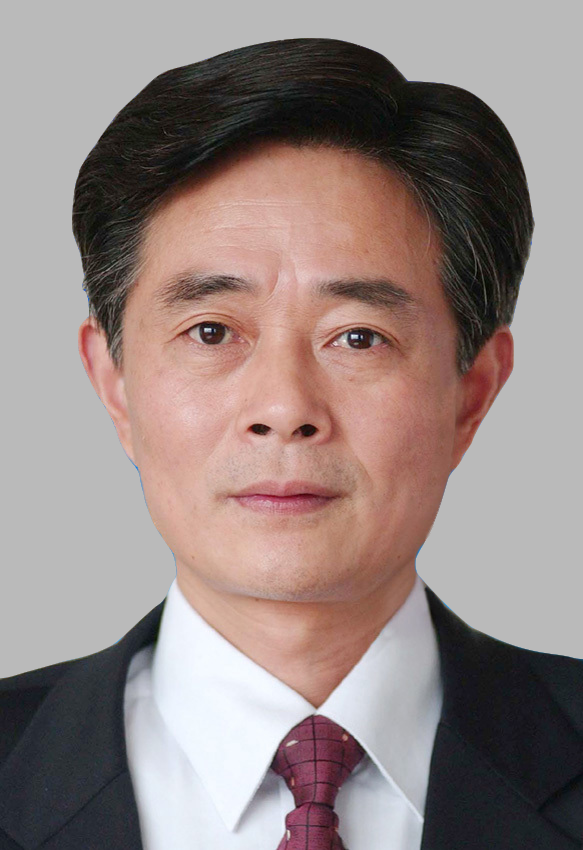
Prof. Mianhua WU
Former President of Nanjing University of Chinese Medicine; Vice President of Jiangsu Association of Chinese Medicine
Prof. Wu graduated from the Faculty of TCM of Nanjing College of Traditional Chinese Medicine in 1978 and subsequently worked in the school. He has successively served as the vice president of the Research Institute of TCM; deputy dean, dean, vice president and president of the First Clinical Medical College. He is a delegate of the 12th NPC of Jiangsu Province, vice president of Jiangsu Association of Chinese Medicine, vice president of National Association of Higher Education of TCM, deputy director of the Teaching Steering Committee of Higher Education in the Ministry of Education, deputy director of the Textbook Review Committee of Higher Education of TCM, director of WHO Cooperation Center for Traditional Medicine (Nanjing), etc.
Prof. Jin’ao DUAN
Director of Collaborative Innovation Center of Chinese Medicinal Resources Industrialization of Jiangsu Province; Former Vice President of Nanjing University of Chinese Medicine
Prof. Duan has successively served as the deputy director of Science and Technology Division of China Pharmaceutical University and president of Jiangsu Province Academy of Traditional Chinese Medicine (Jiangsu Province Hospital on Integration of Chinese and Western Medicine). At present, he is the director of the Key Laboratory of Prescriptions Research in Jiangsu Province, Key Laboratory of High-tech Prescriptions Research in Jiangsu Province and Center for Innovative Drug Prescriptions for Blood Regulation in Jiangsu Province. He also serves as a professor at China Pharmaceutical University, Jiangsu University, Queen’s University, Institute of Medicinal Plant Development, Changchun University of Chinese Medicine, Shaanxi University of Chinese Medicine, Gansu University of Chinese Medicine, etc.
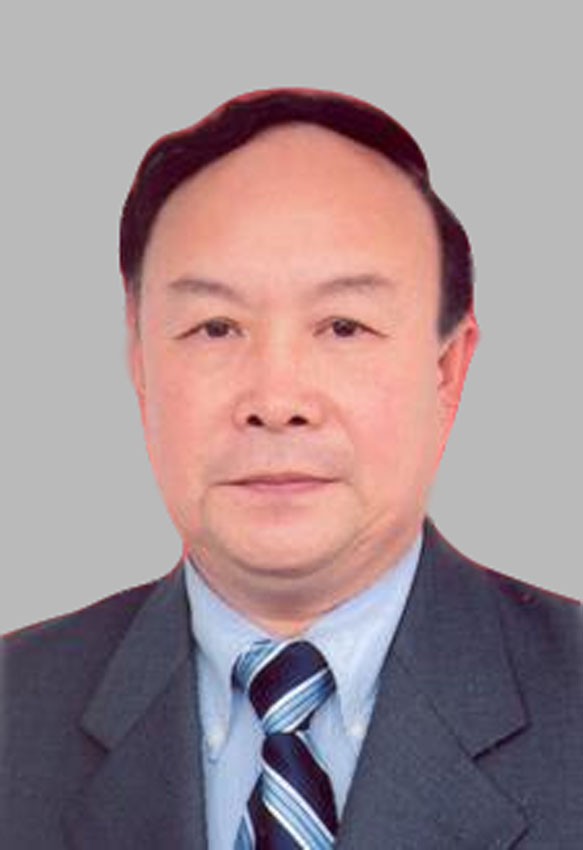
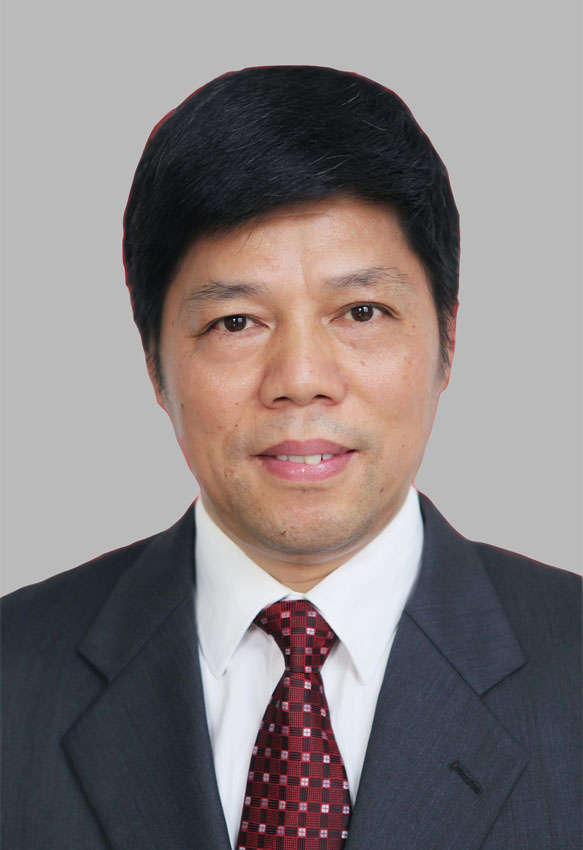
Prof. Qinan WU
Party Secretary of School of Medicine of Nanjing University of Chinese Medicine
Prof. Wu worked at Nanjing College of Traditional Chinese Medicine after graduated in 1985. In June 2003, he received a PhD in medicine from NJUCM. He was previously the vice president of Graduate School of NJUCM and is now the president of the School of Medicine. He is the leaders of the Key Discipline of Medicinal Plant of the State Administration of Traditional Chinese Medicine and scientific and technological innovation team “Chemical Research of TCM Resources” of Jiangsu University. He also serves as vice chairman and secretary general of The Committee for Natural Medicine Resources, National Certified Pharmacist, National Natural Science Fund review expert, Zhejiang and Beijing Natural Science Fund review expert, standing vice chairman of Jiangsu Pharmaceutical Association of TCM, director of Jiangsu Pharmaceutical Association, etc.
Prof. Ming ZHAO
Vice Dean of School of Medicine of NJUCM
Educational background: Bachelor of Science from Shandong Medical University; Master of Science in Traditional Chinese Medicine from China Pharmaceutical University; Doctor of Philosophy in Traditional Chinese Medicine from Chinese University of Hong Kong.
Work experiences: visiting scholar of Hong Kong University of Science and Technology (2000-2001); associate researcher of Chinese University of Hong Kong (2005-2006), postdoctoral researcher (2006-2011); senior researcher (2011-2013) and research assistant professor (2013-2016) of School of Medicine, University of Illinois, Chicago; invited professor of Jiangsu Province (2016), now working at NJUCM.
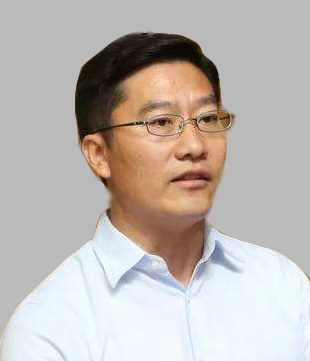
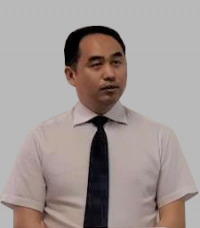
A/Prof. Hui YAN
Director, Yancheng Comprehensive Test Station of National Chinese Herbal Medicine Industry Technology System
Prof. Dugald Close
Associate Head Global, Tasmanian Institute of Agriculture, University of Tasmania
Dugald is a horticultural scientist who has developed and led large multidisciplinary research teams and produced a strong track record of academic (109 peer reviewed papers, H-index of 24, Scopus) and applied outputs (technical reports, industry and peer-reviewed conference papers, fact sheets for industry, demonstrated by >200 publications, H-index of 30, Google Scholar) relative to discipline norms. For more than 20 years Dugald has been research active (as evidenced by his ROPE information) in water, nutrition and carbohydrate ecophysiology applied to growing systems for cool climate horticultural crops.
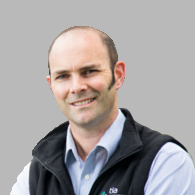
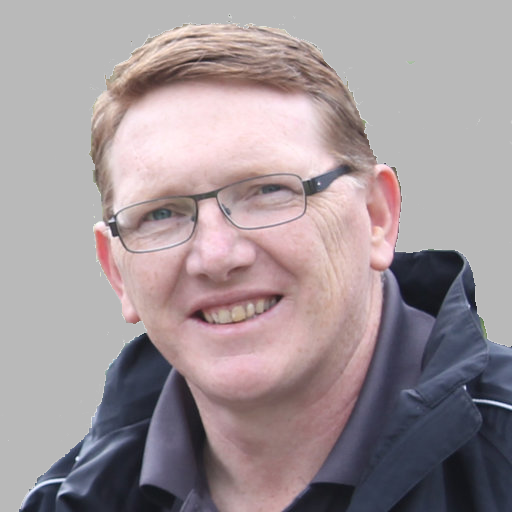
A/Prof. Paul Smith
Head, Discipline of Chemistry, University of Tasmania
CI Smith is Head of the Discipline of Chemistry at the University of Tasmania and has 17 years’ of experience in the synthesis, isolation and elucidation of the structure of organic compounds for biological applications. CI Smith has published 85 articles in international peer-reviewed journals and supervised 9 PhD completions. He is a pioneer of Pressurised Hot Water Extraction (PHWE) for the rapid isolation of metabolites from plant materials for analysis for which he was awarded the Tasmanian STEM Innovation of the year Award for 2017. The protocol has been used to discover numerous new chemical entities and use these molecules to enable other areas of science such as drug discovery.
Prof. Roger Stanley
Professor, Food Science and Technology; Foundation Director, Centre for Food Innovation, University of Tasmania
Roger’s role is centered on linking research and innovation to industry for value added food production and testing. He has past experience in developing and teaching a functional food and nutraceutical course at The University of Queensland and in food innovation training programs for graduates at the University of Tasmania. He has extensive research experience in developing and applying new and emerging technologies for processing produce into value added functional products through leadership of Innovative Food Processing and Novel Separation Technologies research programs in Australia and New Zealand. Research expertise includes extraction and separation technologies, advanced analytical and functional testing including clinical trials of bioactive products.
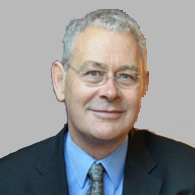
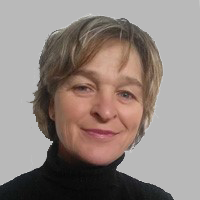
Dr. Sandra Garland
Senior Research Fellow, Tasmanian Institute of Agriculture, University of Tasmania
CI Sandra Garland is an organic chemist with over 25 years’ experience in extraction technology of natural products focusing on essential oils, solvent based extraction technology, supercritical fluid extraction and the isolation and characterisation of natural products. Sandra is currently supervising 5 PhD projects in collaboration with industry on the commercialisation of Kunzea oil, on modifying industrial processes to control the concentration of sesquiterpene lactones in supercritical fluid extracts, on identifying chemical signatures and authentication of Tasmanian Leatherwood honey, on manipulating the growing environment for desired secondary compound profiles in medicinal cannabis and in extraction technology and chemistry applied to Traditional Chinese Medicines.
Dr. Mark Boersma
Research Fellow, Tasmanian Institute of Agriculture , University of Tasmania
As a lifelong learner Mark is amazed at the sophisticated engineering of a plants; superior biomechanics, intricate and integrated physiological mechanisms, complex life strategies, and diversity that continues to defy the imagination. This passion to understand the life of plants has for the last 20 years influenced his academic pursuit in horticultural science, primarily to solve industry challenges that can be addressed through a mechanistic understanding of how plants work, with a view to providing science based applied outcomes. Since finishing his doctorate in 2009 Mark has worked for the University of Tasmania conducting research and development on a broad range of topics, including onion skin loss, freezing tolerance in pyrethrum, the efficacy of biochar within vegetable cropping systems, greenhouse gas emissions from nitrogen fertiliser application, etc.

